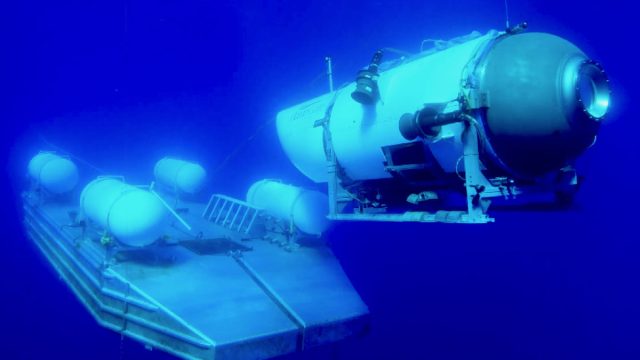10 Harrowing Facts About Titanic Sub Since Implosion
Here is everything you should know about the ill-fated Titan submersible
Stockton Rush, the CEO of OceanGate, was one of five people – British businessman Hamish Harding; Pakistani businessman Shahzada Dawood and his teenage son, Suleman; French explorer Paul-Henri Nargeolet – all died onboard the infamous implosion of the Titan. The private submersible, designed to explore depths of the ocean previously unreachable in this manner, has captivated the world. Since the tragedy, several harrowing facts have been revealed about the ill-fated sub, previous safety concerns, and aborted missions.
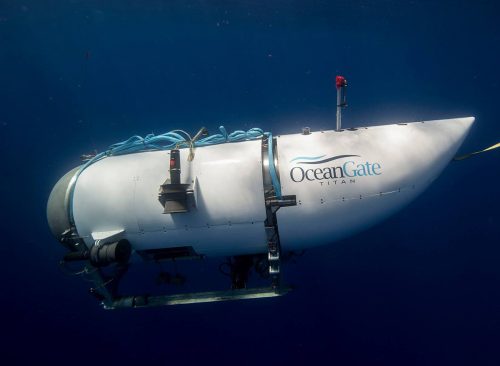
Less than three weeks after the tragic and fatal accident, OceanGate announced its closure last week. “OceanGate has suspended all exploration and commercial operations,” the simple statement on their website reads.
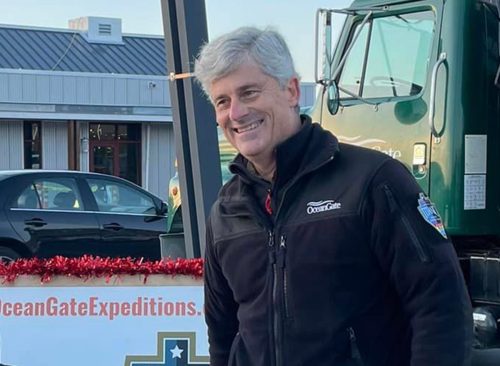
Brian Weed was working for the Discovery Channel’s Expedition Unknown TV show in May 2021. Weed told Insider that he had a “very strange” and chilling conversation with Rush while on board. He claims he even joked about the possibility of dying in it. “He said: ‘Well, there’s four or five days of oxygen on board, and I said, ‘What if they don’t find you?’ And he said, ‘Well, you’re dead anyway,’” Weed recalls. “It felt like a very strange thing to think, and it seemed to almost be a nihilistic attitude toward life or death out in the middle of the ocean.”

Weed added that Rush’s attitude towards “basic safety” was “cavalier,” making him feel “uneasy” from the start. He claims there were mechanical and communication issues on the test dive, which was aborted. “That whole dive made me very uncomfortable with the idea of going down to Titanic depths in that submersible,” he said. He eventually pulled out of the documentary due to safety concerns.
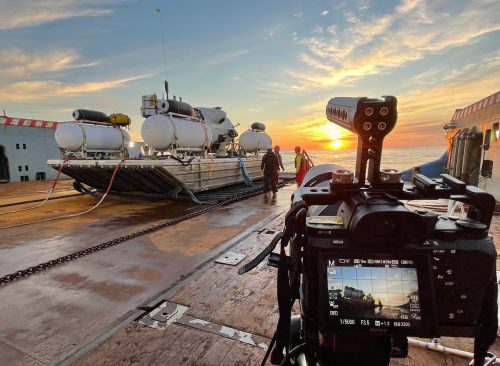
The Titan was described as “the largest of any deep diving submersible” with an “unparalleled safety feature” that assesses the integrity of the hull throughout every dive. The AP reported the vessel was made up of titanium and filament-wound carbon fiber. It weighed 20,000 pounds in the air but was naturally buoyant when it reached the ocean floor.
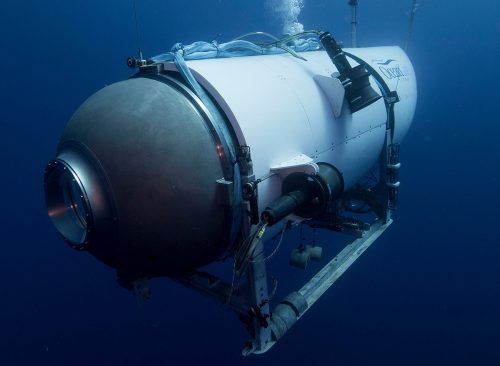
However, many experts were not surprised the sub imploded. Rob McCallum, Patrick Lahey, the C.E.O. of Triton Submarines, and other experts told the New Yorker they had warned of the submersible’s design flaws for over five years. They even filed complaints to the U.S. government and to OceanGate itself and pled with Rush. “You can’t cut corners in the deep,” McCallum had told Rush. “It’s not about being a disruptor. It’s about the laws of physics.”

OceanGate Expeditions consultant Rob McCallum warned Rush in 2018 of the dangers involved. He was “potentially placing yourself and your clients in a dangerous dynamic,” he said. “As much as I appreciate entrepreneurship and innovation, you are potentially putting an entire industry at risk.”
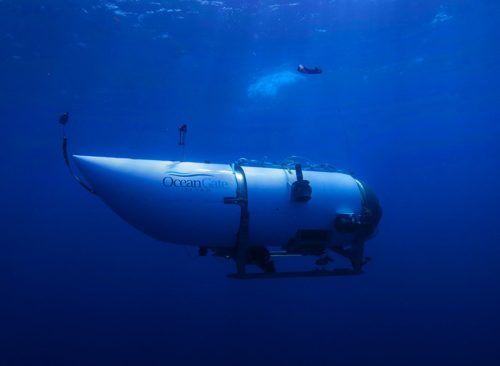
In a BBC documentary Scott Griffith, a former pilot of OceanGate, can be seen losing control of the sub during a previous dive. The vessel spun in circles, and the terrified passengers were reportedly stuck inside the sub for hours because the thruster was installed improperly. “We have a problem,” Griffith says in the video. The five-person crew was just 300 meters from the wreckage when the Titan’s thrusters started malfunctioning. “There’s something wrong with my thrusters. I’m thrusting and nothing is happening,” Griffith can be heard saying.
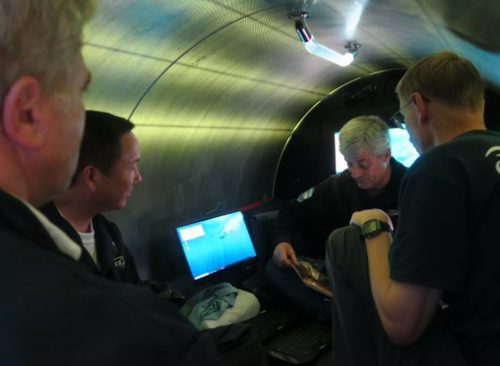
Rush made chilling comments about the sub’s structure and safety during an interview with Mexican travel blogger Alan Estrada. “I think it was Gen. [Douglas] MacArthur who said, ‘You’re remembered for the rules you break,’” he said. “You know I’ve broken some rules to make this [the Titan]. I think I’ve broken them with logic and good engineering behind me.”
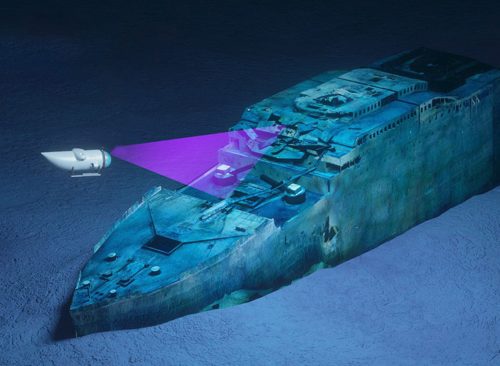
According to Insider, just 14 percent of the Titan’s attempts to explore the wreckage of the Titanic were actually successful. The rest of them were canceled or aborted. The publication claims to have reviewed the company’s four-page passenger liability waiver.
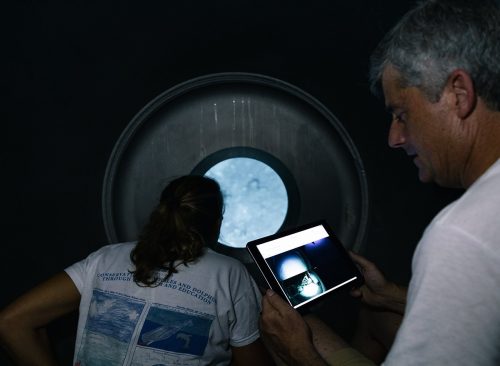
Every passenger who took a ride on the Titan signed the waiver – including all four passengers who died in it. The waiver cited that the tourist vessel was “experimental,” using the term three times. It also stated that it only successfully completed “as few as 13 dives” out of 90 to the Titanic’s final resting spot in the North Atlantic Ocean. The waiver also used the term “death” three times on the first page, noting that guests could be subjected to “extreme pressure,” “unpredictable” conditions, and high-pressure gases and high-voltage electrical systems.
